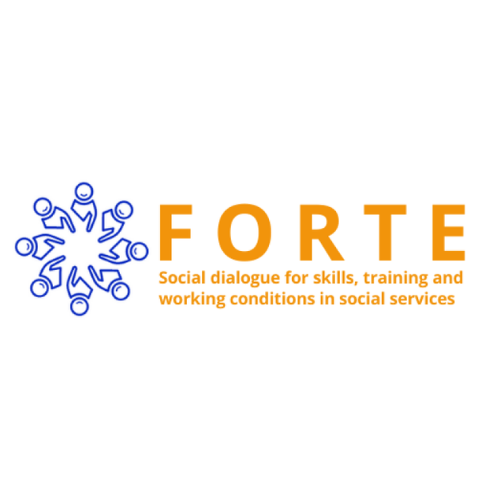
Adapting to New Care Models
The report, titled “Evolving jobs, skills and training needs in the social services sector and the role of social partners in managing changes”, recognises the shift towards more home-based and community-based services across the European Union. Faced with demographic changes and an increasing demand for social care services, it becomes imperative to assess and address the skills and training needs of this sector’s workforce. This is particularly crucial as community-based and home care introduce new challenges for care workers, who need training in occupational safety and health, rights-based approaches, and a deep understanding of service users' behaviours and physical and mental health support needs.
Digital Transformation in Social Care
Technology is playing an increasingly prominent role in social care services, which affects work processes and creates new demands for the workforce. The COVID-19 pandemic has accelerated the adoption of digital tools such as tablets, smartphones, robotics, and online software. While these technologies offer opportunities to enhance services, challenges such as skills disparities, reduced face-to-face contact, and increased workload need to be addressed. The report underscores the importance of cultivating digital literacy and communication skills among care workers.
Skills for the Future
One of the report's key messages emphasises the pivotal role of skills and training in addressing the ongoing workforce shortages in the social care sector. Low wages and challenging working conditions have hindered recruitment and retention efforts across Europe. The strategic implementation of skills development, linked to professional growth and matched with salary increases, emerges as a crucial driver to enhance the sector's appeal.
The evolving landscape of social services requires a diverse set of skills from care workers, including project management, intercultural communication, inter-professional collaboration, group-specific skills, and enhanced digital literacy. The report stresses that vocational education and training is key to meeting these evolving demands. It also underlines the need for effective social dialogue and sectoral representation to address training and skills requirements. To this end, the report calls for capacity building and sharing best practices.
Background
The FORTE Project is a collaborative effort involving Social Employers, The European Federation of Public Service Unions (EPSU), and affiliate partner Nexem. It runs from August 2022 to July 2024 and is co-funded by the European Union. It aims to empower the social services sector by addressing its evolving landscape with evidence-based insights.
As part of its deliverables, the project also includes a report focusing on improving working conditions in social services, technical seminars, newsletters, and a final conference.
To know more about the project, visit: https://www.socialemployers.eu/forte
- Project locations
- Belgium
